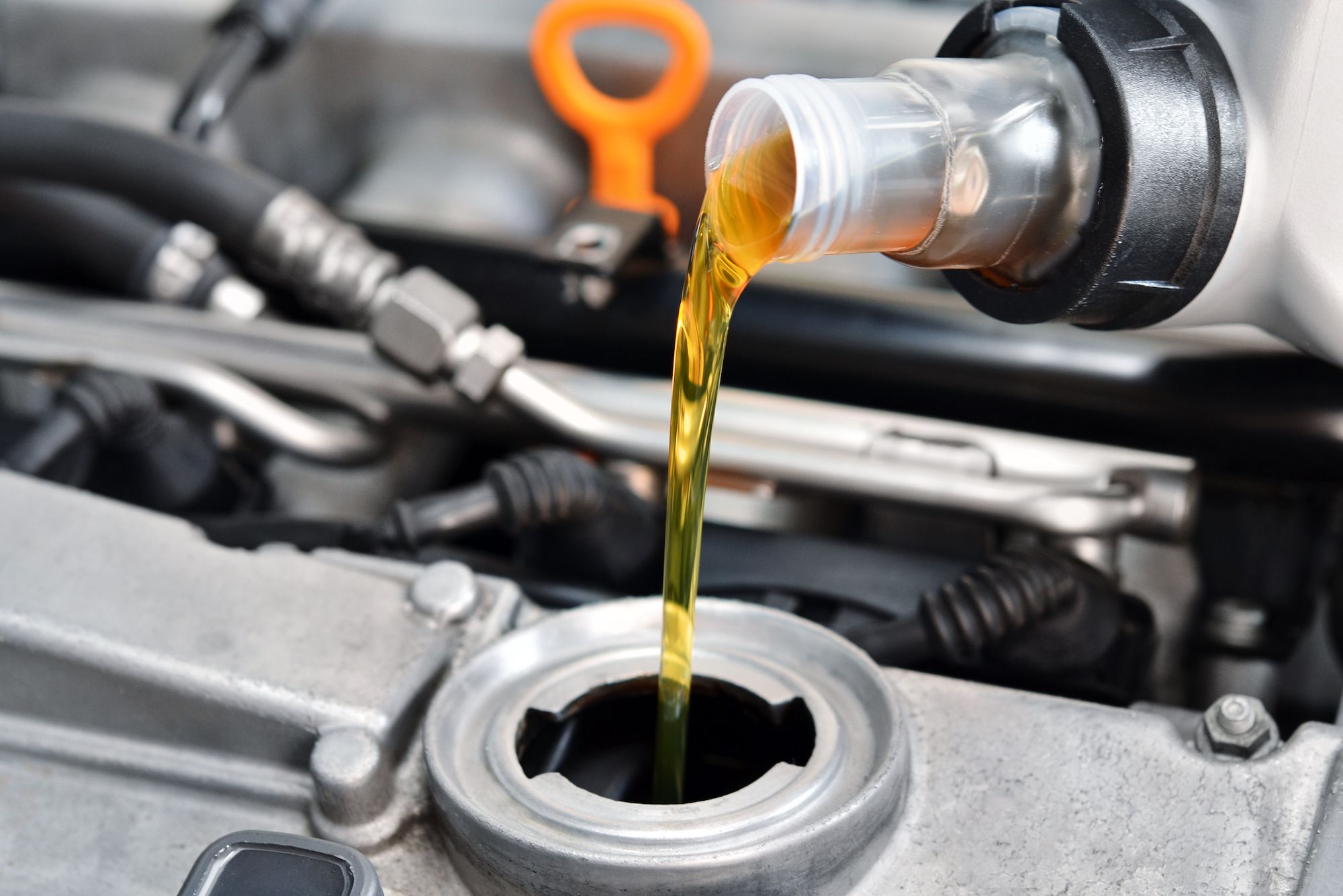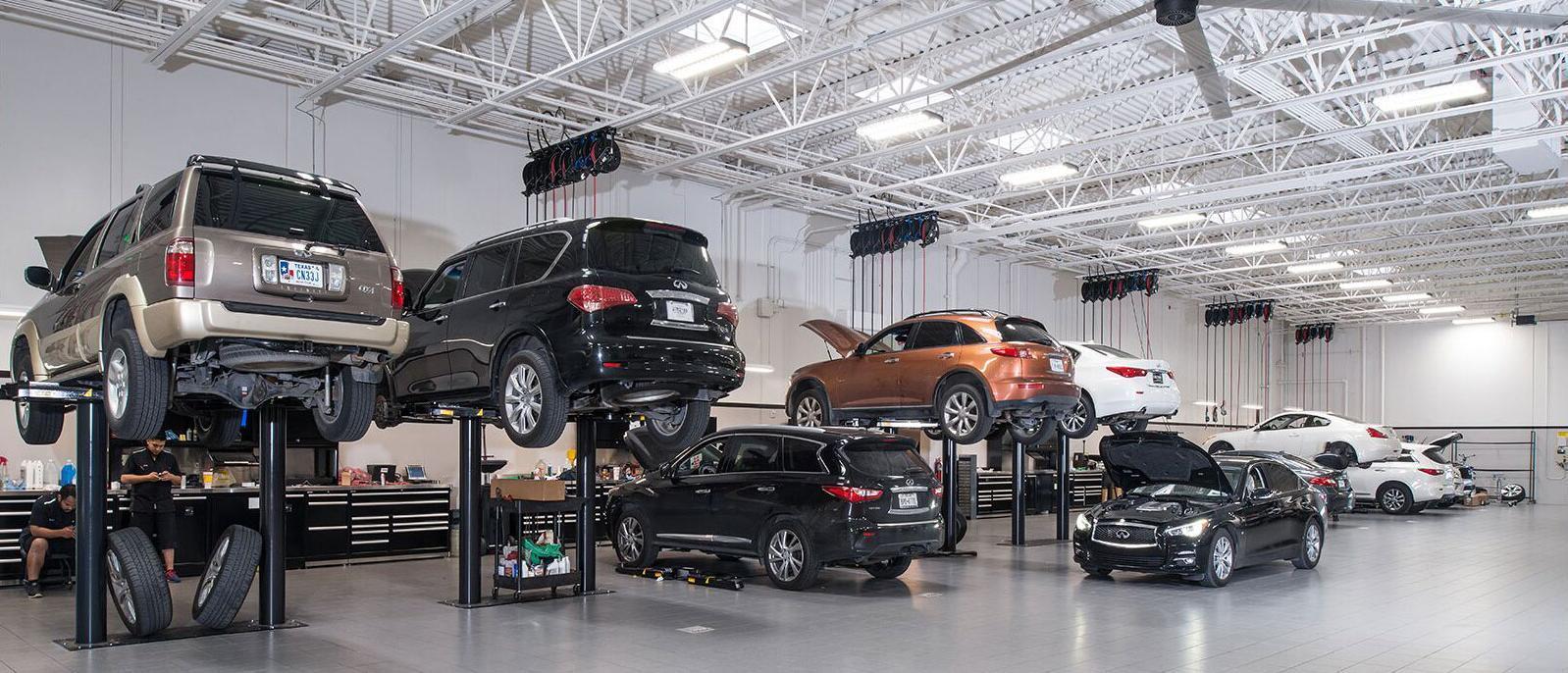All Categories
Featured
When your cars and truck overheats, it can really feel like a significant emergency situation, yet remaining calm and complying with the appropriate actions can stop serious engine damage and aid obtain you back on the roadway securely. In this blog post, we'll explore what to do if your automobile overheats and provide preventative tips to minimize the danger of overheating in the future.
If Your Cars and truck Gets too hot,What to Do. If your car begins to overheat is to draw over to a secure place as quickly as possible, pull Over to a Safe Area The very first and most crucial step. Transform on your threat lights and guide your lorry to the shoulder or right into a parking area. Keeping your automobile running while it's overheated can trigger serious damage to the engine, so it's critical to shut the engine off today.
Let the Engine Cool Down Once you have actually securely quit, enable the engine to cool down. You should never attempt to open the radiator cap while the engine is still hot, as the release of vapor or warm coolant can trigger burns. Wait a minimum of 15-20 mins to permit the engine temperature to drop to a more secure degree prior to continuing.
![]()
Check the Coolant Level After the engine has cooled down, check the coolant levels by checking the tank or radiator. If it's low, top it off with a mixture of coolant and water (as defined by your car's manufacturer) Always use caution when opening up the coolant tank, as pressure may have accumulated.
Search For Visible Leakages While you wait for the engine to cool down, aesthetically inspect the radiator, hose pipes, and coolant reservoir for any type of noticeable leakages or fractures. A dripping radiator or hose pipe is a typical reason of getting too hot. It's far better to call a tow service than risk driving additionally and causing additional damages. if you discover a significant leak.
Reboot the Engine After permitting the engine to cool and making sure the coolant is complemented, begin the engine and keep an eye on the temperature scale. If the temperature level remains to rise rapidly, it's best to shut the engine off and ask for roadside support or a tow to the closest technician.
![]()
Exactly How to avoid Overheating in the Future. Frequently Inspect Coolant Degrees One of the easiest means to avoid overheating is by maintaining the best level of coolant. In time, coolant can vaporize, so consistently inspect the coolant degrees in the tank. Reduced coolant levels can trigger the engine to get too hot promptly, so top it off as needed.
Inspect the Radiator The radiator plays a critical duty in keeping the engine cool. Periodically check the radiator for any clogs, dirt, or particles that could block air movement. If you see any kind of indications of damage, such as rust or leaks, have it fixed or changed immediately.
The thermostat regulates the flow of coolant, while the water pump flows it through the engine. If either component is faulty, it can prevent proper cooling.
Flush the Air conditioning System Over time, coolant can degrade and end up being ineffective, creating an accumulation of particles in the system. Purging the cooling system every 30,000 miles, or as recommended in your car's handbook, aids to get rid of any kind of sludge or buildup and makes certain the cooling system is operating effectively.
Display the Problem of the Hose pipes The hoses in your vehicle's cooling system can wear out or fracture over time. Check the hose pipes for any kind of signs of wear, such as bulging, cracks, or leakages, and change them if needed. Avoiding coolant leaks can go a lengthy means in preventing overheating.
![]()
Drive Sensibly Aggressive driving, such as increasing swiftly or driving at broadband, places added strain on your engine and its cooling system. Attempt to drive at modest rates, specifically on hot days or when driving on high slopes, to reduce the opportunities of getting too hot.
Prevent Overloading Your Automobile Carrying excessive weight in your vehicle places tension on the engine and cooling system. Constantly bear in mind your automobile's weight restriction, specifically if you're carrying hefty tons, towing a trailer, or driving long distances in warm climate.
Final thought. An overheating cars and truck can be a frightening experience, yet recognizing how to react and prevent it can save you time, cash, and possible engine damages. Always examine your coolant levels, inspect crucial parts like the radiator, thermostat, and tubes, and follow a normal maintenance timetable. By remaining on top of your automobile's cooling system, you can lower the risk of getting too hot and enjoy a smoother, more secure driving experience.
If Your Cars and truck Gets too hot,What to Do. If your car begins to overheat is to draw over to a secure place as quickly as possible, pull Over to a Safe Area The very first and most crucial step. Transform on your threat lights and guide your lorry to the shoulder or right into a parking area. Keeping your automobile running while it's overheated can trigger serious damage to the engine, so it's critical to shut the engine off today.
Let the Engine Cool Down Once you have actually securely quit, enable the engine to cool down. You should never attempt to open the radiator cap while the engine is still hot, as the release of vapor or warm coolant can trigger burns. Wait a minimum of 15-20 mins to permit the engine temperature to drop to a more secure degree prior to continuing.

Check the Coolant Level After the engine has cooled down, check the coolant levels by checking the tank or radiator. If it's low, top it off with a mixture of coolant and water (as defined by your car's manufacturer) Always use caution when opening up the coolant tank, as pressure may have accumulated.
Search For Visible Leakages While you wait for the engine to cool down, aesthetically inspect the radiator, hose pipes, and coolant reservoir for any type of noticeable leakages or fractures. A dripping radiator or hose pipe is a typical reason of getting too hot. It's far better to call a tow service than risk driving additionally and causing additional damages. if you discover a significant leak.
Reboot the Engine After permitting the engine to cool and making sure the coolant is complemented, begin the engine and keep an eye on the temperature scale. If the temperature level remains to rise rapidly, it's best to shut the engine off and ask for roadside support or a tow to the closest technician.

Exactly How to avoid Overheating in the Future. Frequently Inspect Coolant Degrees One of the easiest means to avoid overheating is by maintaining the best level of coolant. In time, coolant can vaporize, so consistently inspect the coolant degrees in the tank. Reduced coolant levels can trigger the engine to get too hot promptly, so top it off as needed.
Inspect the Radiator The radiator plays a critical duty in keeping the engine cool. Periodically check the radiator for any clogs, dirt, or particles that could block air movement. If you see any kind of indications of damage, such as rust or leaks, have it fixed or changed immediately.
The thermostat regulates the flow of coolant, while the water pump flows it through the engine. If either component is faulty, it can prevent proper cooling.
Flush the Air conditioning System Over time, coolant can degrade and end up being ineffective, creating an accumulation of particles in the system. Purging the cooling system every 30,000 miles, or as recommended in your car's handbook, aids to get rid of any kind of sludge or buildup and makes certain the cooling system is operating effectively.
Display the Problem of the Hose pipes The hoses in your vehicle's cooling system can wear out or fracture over time. Check the hose pipes for any kind of signs of wear, such as bulging, cracks, or leakages, and change them if needed. Avoiding coolant leaks can go a lengthy means in preventing overheating.

Drive Sensibly Aggressive driving, such as increasing swiftly or driving at broadband, places added strain on your engine and its cooling system. Attempt to drive at modest rates, specifically on hot days or when driving on high slopes, to reduce the opportunities of getting too hot.
Prevent Overloading Your Automobile Carrying excessive weight in your vehicle places tension on the engine and cooling system. Constantly bear in mind your automobile's weight restriction, specifically if you're carrying hefty tons, towing a trailer, or driving long distances in warm climate.
Final thought. An overheating cars and truck can be a frightening experience, yet recognizing how to react and prevent it can save you time, cash, and possible engine damages. Always examine your coolant levels, inspect crucial parts like the radiator, thermostat, and tubes, and follow a normal maintenance timetable. By remaining on top of your automobile's cooling system, you can lower the risk of getting too hot and enjoy a smoother, more secure driving experience.
Latest Posts
Uncover Exceptional Car Repair Solutions from Montclare Auto Repair – Keep Your Car Running Smoothly
Published May 29, 25
1 min read
Explore Premier Vehicle Maintenance Services from Montclare Auto Repair – Keep Your Car Running Smoothly
Published May 27, 25
1 min read
Specialist Business Roofing Solutions in North Platte, Nebraska
Published May 23, 25
2 min read
More
Latest Posts
Uncover Exceptional Car Repair Solutions from Montclare Auto Repair – Keep Your Car Running Smoothly
Published May 29, 25
1 min read
Explore Premier Vehicle Maintenance Services from Montclare Auto Repair – Keep Your Car Running Smoothly
Published May 27, 25
1 min read
Specialist Business Roofing Solutions in North Platte, Nebraska
Published May 23, 25
2 min read